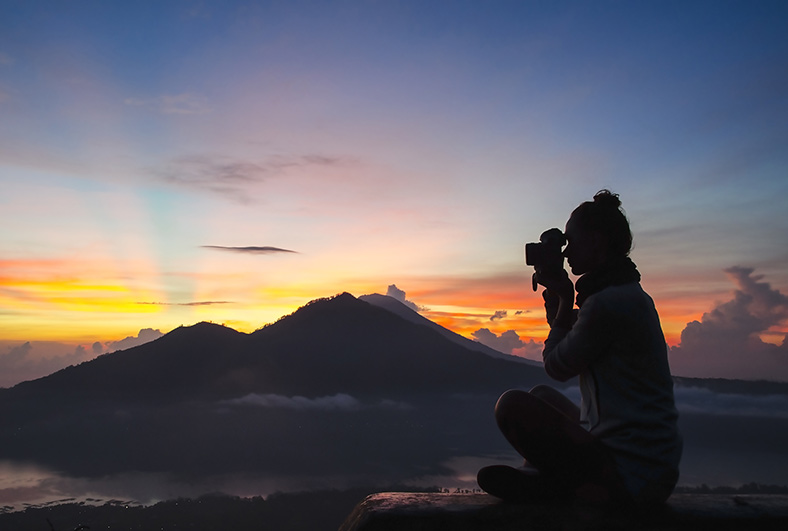Blog / Events / Journalists
Starting out in adventure journalism

Since the pandemic, many Brits have become more appreciative of nature and the outdoors – getting out to walk, hike, cycle, and try something new.
Elise Downing was already the adventurous type and back in 2015, ran round the coast of Great Britain on her own. This led to her writing a book about her adventure – Coasting – and she has since carved out a path for herself in adventure journalism. In a recent JournoResources event, she shared advice on how to get into the topic, the writing process and making a living.
Let the adventure begin
The temptation when it comes to adventure journalism might be to start the writing, or plan what you want to write, before you go and experience the adventure itself. However, Elise feels that the adventure needs to come before the writing. The main question is, would you still embark on this outing if nobody was going to find out about it? You need to want to go on the adventure for your own enjoyment or to challenge yourself, not just to get an article or a book out of it.
Elise undertook her adventure back in 2015 but didn’t start writing about it until 2020. This meant a lot of the book was written based on memories and just a few notes she took at the time. However, memory can be usefully self-selecting, and will help pick out those key moments that will help with the structure of the story. You don’t want to sacrifice the adventure for the sake of documenting it all. You need to make sure you experience it.
Taking your audience on the journey
A good way to engage your audience in the adventure is by taking them along with you on social media. You don’t have to be the best and most exciting adventurer. If it’s honest and relatable content, then people will enjoy it and take an interest.
It might take time to build up a following online; it doesn’t happen overnight. However, this more personal approach is more likely to resonate with your audience. Social media is also a good space to test ideas with your followers. Which Reels on Instagram are getting the most views? Which videos are driving the most traffic on YouTube? What Facebook posts are generating the most content? This will help you to see what people find interesting about your adventures and what they don’t.
Writing about the experience
Returning from a long trip might make it difficult to know where to start. Drawing up a spreadsheet to cover the whole journey and adding in any notes you made, along with social media posts, can help to structure your piece.
Don’t be overly sentimental about your memories. The stories that you choose to tell should convey how you really felt at the time and ideally show different emotions and experiences that you faced. Perhaps one about a challenge that you overcame, and another about the tiredness that you felt. It should accurately represent the adventure that you went through and tell the story honestly from your perspective.
There might be some doubts in the back of your mind of writing about an adventure that numerous people have gone through, like travelling down the Amazon River or hiking up Everest. However, it’s still worth writing as it’s from your unique perspective and will be a very different experience compared to others.
The final destination: making money
Writing about your adventures is enjoyable but you need to be able to make money from it. Posting on social media and building up an audience on there will likely lead to brand partnerships and social media collaborations. The more engaged people become with your content, the more they will want. Having a paid newsletter subscription is a good way to provide extra information on different adventures you are doing or have coming up, and perhaps reveal a bit more personal information.
There is the traditional route of pitching ideas to feature in magazines and on websites, also. If you get a big enough following, then they may approach you to write about a particular experience. There is also the possibility of turning your adventure into a book, like Elise did. You don’t have to have an agent to get published but will need to submit a book proposal. Ultimately, publishers are looking for writers to write good books. If you were to get a book published, then this can lead to book royalties, public speaking opportunities, and even more adventures in the future.
Check out some of Richard Madden’s favourite adventures in this Journalist as Author interview, and if you need experts or information for an article on a recent trip then source them through our Journalist Enquiry Service.




